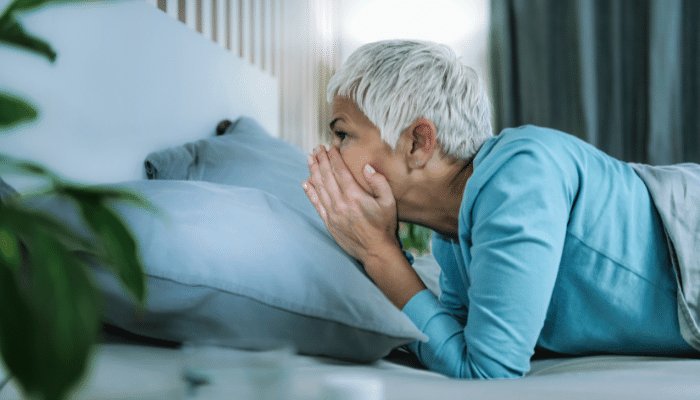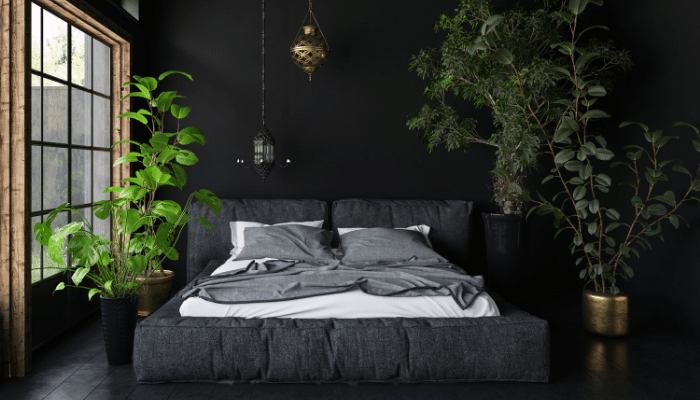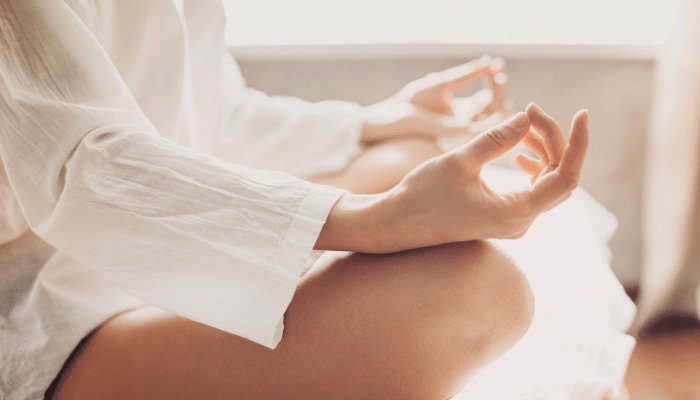


Have you ever stayed awake at midnight and not been able to go back to sleep again? Or getting sleep but not feeling refreshed by it?
You may be experiencing circadian rhythm disorder.
If you have questions about what circadian rhythm disorder is and how to fix it, fret not. The following article will reveal the answer for you.

Understanding the link between circadian rhythm and sleep is like knowing the body clock for rest. Your circadian rhythm is a 24-hour internal cycle that regulates sleep-wake patterns. It’s like a built-in schedule telling your body when it’s time to be active and when it’s time to wind down. This rhythm may be influenced by factors like light and darkness. When it gets dark, your body produces a hormone called melatonin, signaling that it’s time to sleep. Learning about this connection can help you create a sleep routine that aligns with your body’s natural rhythm, promoting better and more restful sleep.
Simply put, circadian rhythm sleep disorder is when there is a mismatch with your internal body clock. Your internal clock rotates between sleep and wakefulness throughout the day. This 24-hour sleep-wake cycle is known as our circadian rhythm, which plays a vital role in our sleep cycle.
In addition to sleep, this rhythm helps regulate body temperature, eating and digestion, and hormonal activity. You can use a circadian rhythm calculator to find out how much sleep you need. A healthy person usually wakes up in the morning and becomes tired throughout the day, while a person with circadian rhythm disorder would have excessive daytime sleepiness.
Here are some common reasons that would disrupt the circadian rhythm:
Jet lag
You might experience jet lag after the flight which passes over multiple time zones, then feel daytime fatigue and temporary sleep disturbances. It would cause a person too much sleepiness or daytime alertness in the following days. However, it is usually not a serious problem if the person practices healthy sleep hygiene during the post-flight period.

People whose jobs require them to work partly or completely at night often experience shiftwork disorder, and they always lose one and four hours of sleep every 24 hours. This disorder can be dangerous because it increases the risk of accidents either at people’s workplace or on the road during a late-night or early-morning commute.
Mental health disorder
People who have mental diseases might experience irregular sleep-wake disorders. The fragmented sleep cycle of this disorder would yield periods of sleep that last for several hours. As a result, people with this disorder would frequently nap throughout the day.

So how do you reset your circadian rhythm if it affects your sleep hygiene so much? Here are 5 tips for you to go back to a good night’s sleep.
A comfortable and quiet sleeping environment is vital for a good night’s rest. Loud, distracting noises would make it difficult to fall asleep or stay asleep. Therefore, you can create white noise to mask the environmental noise, such as the drowning fan or the air conditioner.

Try to focus on more calming activities to help you sleep better. When you’re stressed or anxious, your body produces more cortisol, and the higher the cortisol, the more awake you feel.
So, creating a relaxing bedtime ritual by practicing relaxation, such as yoga, stretching and meditation may help you reduce stress and its negative effects on sleep.

If you have an irregular sleep schedule, avoid long naps during the day, or you will make it difficult to go back to sleep at night again.
Long naps would cause grogginess, and if you must nap, try not to make it more than 30 minutes. It’d also be better to nap before 3 p.m. so that your nighttime sleep would not be disrupted.
One of the best ways to reset your internal clock is to get daily exercise, which would help you sleep better by promoting melatonin production.
Technically, most of your tissues including your skeletal muscle are linked to your biological clock. So during the exercise, your muscles would respond to align your circadian rhythm.

As we know, your sleep hygiene is closely linked to your eating habits. An early dinner can give your body enough time to digest the meal and help you get used to a routine.

In conclusion, these 5 tips can help you fix the circadian rhythm disorder:
Try a sleep app to adjust your circadian rhythm is also another good way for you, ShutEye® can be your choice. Also, talk with your doctor if you suffer from severe syndrome, and a sleep specialist can guide you through the proper treatment.
You may also like:
10 Useful Sleep Better Tips to Beat Insomnia
Reddy S, Reddy V, Sharma S. Physiology, Circadian Rhythm. [Updated 2023 May 1]. In: StatPearls [Internet]. Treasure Island (FL): StatPearls Publishing; 2024 Jan-. Available from: https://www.ncbi.nlm.nih.gov/books/NBK519507/